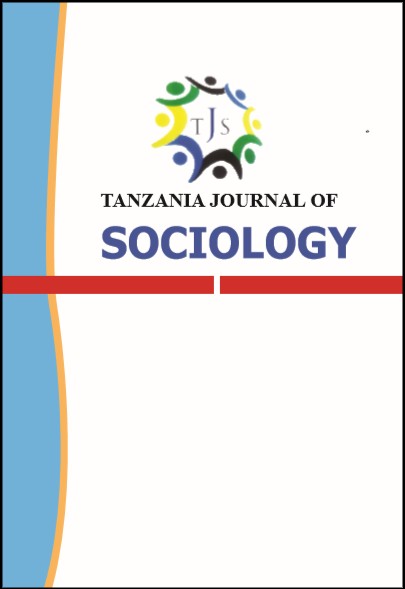Main Article Content
Capitalism, gender activism and women’s liberation in Tanzania: myths and realities
Abstract
The dominant feminist approach to women’s issues in Africa and other underdeveloped regions attributes their subordination, poverty, and oppression to outdated and harmful traditional practices. This contrasts with western capitalist societies, often viewed as models of “gender equality and modernity.” Liberal and radical feminists advocate for eradicating traditional cultures through modernization, empowerment, and even legal enforcement. This critique argues that such explanations overlook the deeper cause: the class structure created by peripheral capitalism in imperialist-dominated regions. These structures, shaped by the unique processes of capital accumulation, are the real drivers of women’s subjugation. For example, in Tanzania, the criminalization of female circumcision and land commoditization illustrate how capitalism homogenizes social life to serve metropolitan capital’s accumulation needs. The article asserts that the relentless drive for capital accumulation, which subordinates all— including men and women—to its expansion, has far more devastating effects on marginalized groups than traditional customs. Feminists must shift focus to challenging the capitalist system itself, as true liberation for women cannot be achieved within the framework of capitalist globalization. Only under socialism, where equality is integral, can genuine freedom for women and other vulnerable groups be realized.







